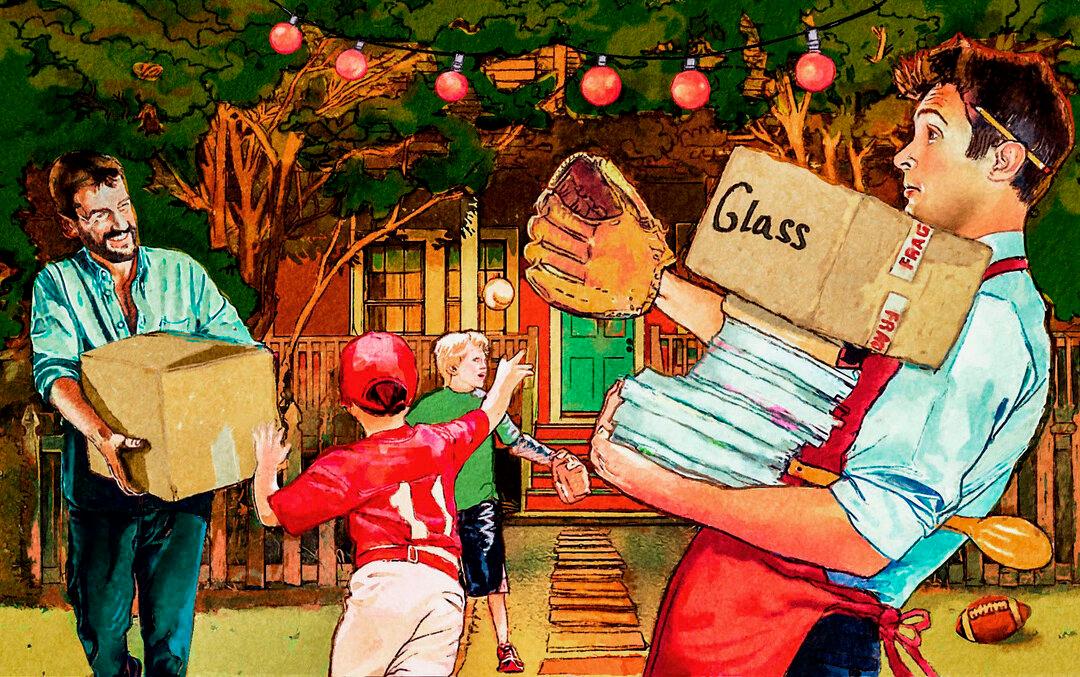Saying no is hard.
At one point in my early 40s, I was helping three renegade nuns found a small private middle school, serving on the parish council of my church, and teaching Sunday school to sixth-graders, as well as being in charge of a den in my son’s Cub Scout Pack. These were all good causes, but my wife and I were also struggling to keep two businesses afloat—a bed-and-breakfast and a bookstore—while raising and homeschooling our children.






